When it comes to movies, most of us like a good apocalyptic tale – the world ends, and everything is chaos. Why are apocalypse movies so popular? What is it about these films that draw us in? Is it the thrill of the unknown? Is it the excitement of watching civilization crumble or something else entirely?
In this blog post, we will explore why we like apocalypse movies. I will also discuss how these movies can help us cope with anxieties about the future.
Stay tuned for more!
The apocalypse is so attractive!
Not only beautiful things attract us. Otherwise, there would not be so many action movies and horror films. But there is a unique direction in art – the world’s image after a catastrophe, natural or artificial.
Since ancient times, people have feared that the world familiar to them would end one day. Fear of natural disasters, epidemics, dark mystical forces, and nuclear war. What if one day, civilization is destroyed, and the life we are accustomed to ceases to exist suddenly?
Check out a list of best movies about the apocalypse if you are looking for a good disaster film.

10 reasons why apocalypse movies are so popular.
Our genetic memory.
In our history, humanity has not so long come out of the difficult conditions of survival – death from hunger and minor illnesses. Even the most prosperous countries faced starvation in the last century, and the reason for this was not only wars.
We quickly got used to the good, but our genes still remember how we bent our backs for meager food. Our mind still remembers what it was like thousands of years ago to live by hunting and gathering, defending small settlements from predatory animals, where only the strong and healthy survived.
Post-apocalyptic films remind us of our roots, natural selection, and the ruthless human nature that we can now afford to hide for a rainy day. After all, humanity will be doomed to return to primitive times and remember its distant past with the decline of civilization.
Opportunity to look at the real world through fantasy.
Even though people create disaster movies for entertainment to show something that we will never see in reality or will not be able to see soon, they are still based on real human society. Many authors consciously try to show some aspects of our natural world and open our eyes to them. They want to make us think about fundamental problems, pulling on all this fantastic scenery so we don’t get bored.
Post-apocalyptic is the most fertile ground to reveal the problems of natural society and the peculiarities of human nature. After all, as I already mentioned, nothing breaks the mask and exposes the true essence, like difficult conditions for survival and mortal danger.
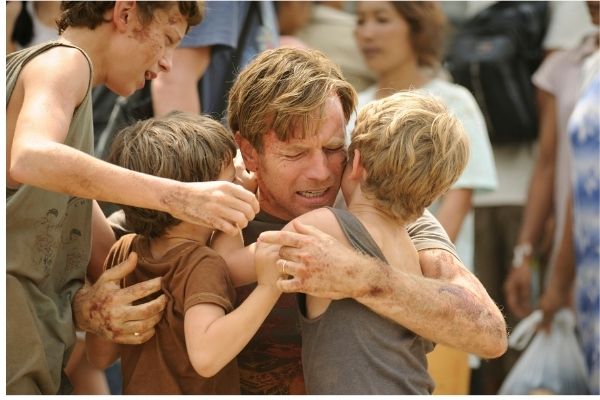
Good heartbreaking stories.
This feature is also often found in apocalyptic movies. Because the world’s surroundings on the verge of death become fertile ground for tragic and truly touching stories that can evoke real emotions, these emotions are much more sincere than they arise when viewing feigned sugary melodramas.
Because it shows genuine human emotions that they experience, going through challenging trials and blows of fate, experiencing true repentance or sincere concern for loved ones.
Chance for legal aggression.
Society’s rules of behavior prohibit too actively expressing anger and discontent. Some individuals grow up in a rigid educational framework, accumulating much-unexpressed anger. As a result, we have a society in which people do not know how to deal with their emotions, control them, or express them in an acceptable form. This includes our aggressiveness.
In addition to this difficulty, one cannot fail to mention Freud’s theory of the desire for destruction, the destructive impulses inherent in each of us and repressed in our subconscious. Social norms and one’s self-control efforts keep these destructive impulses within acceptable limits. But the right conditions, such as war or imprisonment ( Philip Zimbardo’s Stanford experiment), can activate these impulses and set little controlled forces in motion.
In an apocalypse or scary movie, it is much easier to kill a zombie or evil man in our imagination and eliminate aggression. We don’t feel guilty when we destroy something terrible or dangerous.
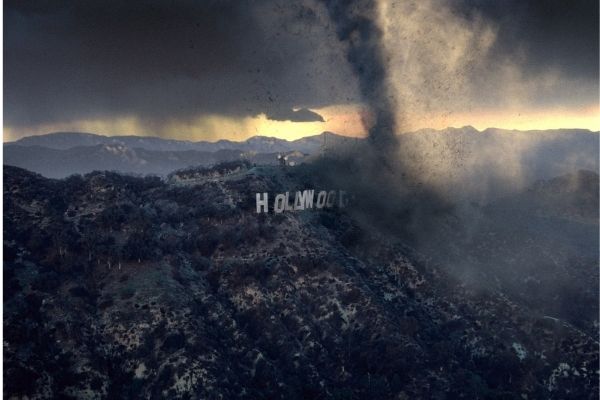
Emotional charge.
Our ancestors did not need emotions when they ran from predators or hunted themselves. Modern man has secured himself from such troubles, built high walls and cities where he took refuge, and invented machines and weapons. But having secured himself in this way, he protected himself from dangers and from receiving solid emotions and an adrenaline rush.
So right now, in a world of chronic stress, we need the legal thrill to get through movies. Of course, all adventure films, horror films, and even melodramas (if we are talking about women who need love experiences) fall under this category.
If we take specifically horror pictures and movies about zombies as their component, then here we are talking about the experience of fear.
A glimpse into a possible future.
We like to watch apocalypse movies because they give us a glimpse of what could happen in the future. It’s fascinating to see how people react when the world ends. And it’s also exciting to see the characters try to survive against all odds. In addition, these movies usually have a strong message about humanity, and it’s interesting to see how different people would handle the same situation.
Most films show earthquakes, floods, tsunamis, tornadoes, volcanic eruptions, global freezing, and a collision with an asteroid. Also popular are movies about an alien invasion of Earth. Although this scenario is unlikely, it is undoubtedly a catastrophe of universal proportions, and films about infection with unknown viruses put the world on the brink of extinction, which is very important in times of coronavirus.
And, of course, we haven’t forgotten about pictures where a full-scale disaster was the consequence of human activity: a terrorist attack, an explosion on a drilling platform, and a collision of trains.
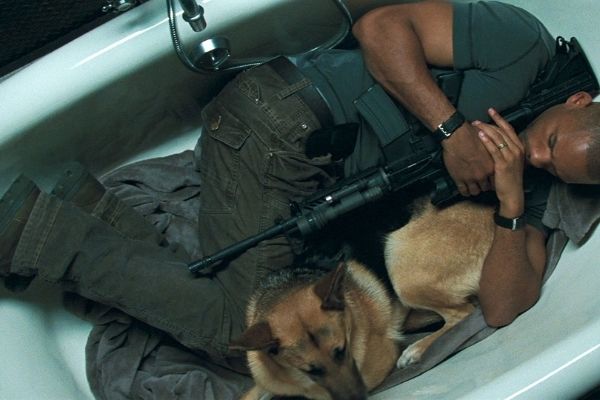
Release our fears and anxieties about the future.
The popular culture-inspired genre visualizes collective fears but in a safe environment: this is how the viewer gets the thrill of what is happening on the screen.
On the one hand, he is part of what is happening; on the other hand, nothing threatens his life. An emotional outburst launches chemical processes in the body similar to those that help us survive in a dangerous situation.
After the release, the level of reaction to stress and anxiety decreases: after such a micro-rehearsal of disaster with fictional characters, we calm down. It turns out that watching disaster films is therapeutic for the viewer.
Sense of security.
When watching a zombie or horror disaster, you notice that you are looking for the right solution for the hero in an unsafe situation. You calculate what you would do if you got into such conditions, criticize the character for his stupidity, etc.
And perhaps some even globally think about their actions during the zombie apocalypse. In this way, we satisfy our need for security and feel in control of the situation.
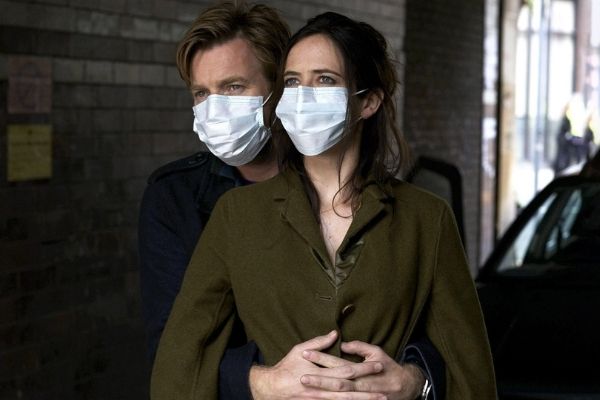
We can explore different moral dilemmas and ethical questions.
There’s something about the apocalypse that speaks to us deeply. It’s the ultimate test of human endurance and resilience and makes for a good story. Maybe it’s because we can all imagine what it would be like to be in that situation. Or perhaps it’s because we’re just morbidly curious about how we would react if we needed to protect our lives.
Post-apocalyptic movies can give much food for thought and touch on various issues related to society, psychology, and morality.
So The Last of Us asks how far you can go to protect your loved ones, Metro touches on our society’s social and political problems, and 35MM reflects on whether it is worth clinging to an irretrievably lost past. Terminator: Resistance tells us that it is always possible to do better and save everyone, acting solely for reasons of conscience.
ALSO READ
10 incredible benefits of watching horror movies.
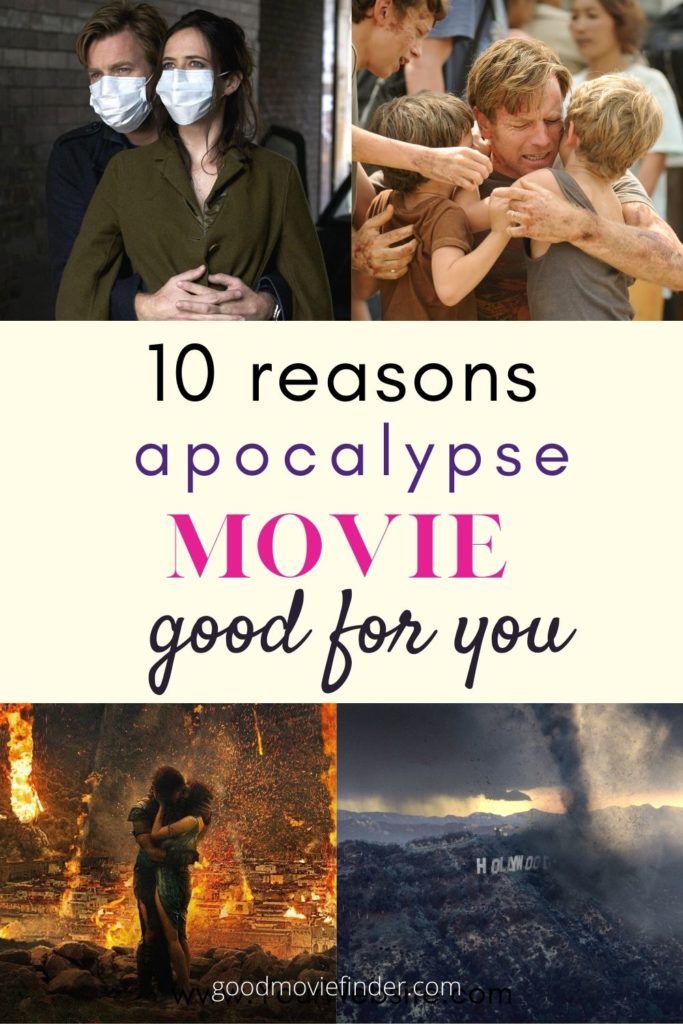
Conclusion.
To summarize the above, films about the apocalypse can be therapeutic. People like to watch apocalyptic movies because they offer an escape from the boredom of their everyday lives. In a world where everything seems uncertain, apocalypse movies give viewers a sense of certainty and order. They also allow people to explore the dark side of human nature without facing any real-world consequences.
Finally, these movies can be entertaining and suspenseful, providing an adrenaline rush that is hard to find elsewhere.
Share this blog post if you enjoyed it. I would really appreciate it!
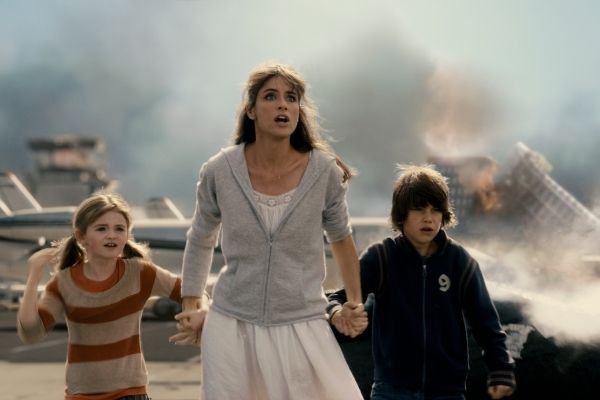

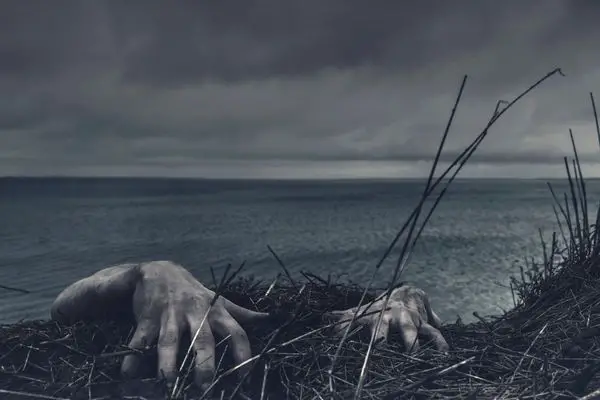
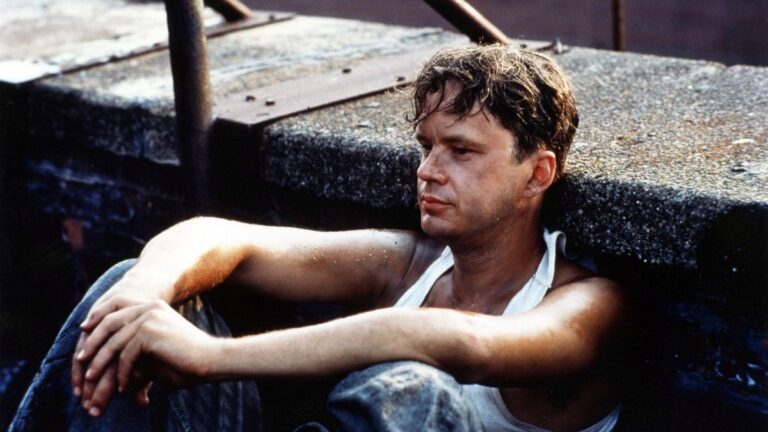
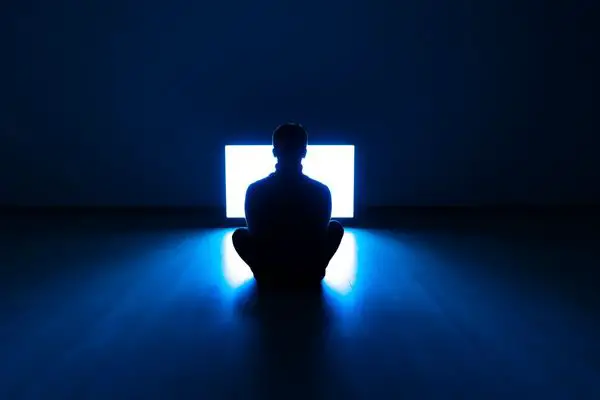


I must admit that not all, but some I appreciate them. I think they remind us that from the great traumas and events of life we can come out stronger if we allow them not to oppress us, crush us and frighten us. We must go further, become aware of our strength and no longer be a victim of fear.
I think those are good points. There’s a lot of strength to be seen in times of apocalypses.
It all ways amazes me just how much as human beings we like to feel sad emotions. Its just crazy how it pulls us in everytime.
I agree, it gives us a kind of sense of security, and the fact that they are possible to happen in the future. We love watching these kind of movies too.
Ah yes, the possibility of having a glimpse into a possible future is a very real one….besides relaxing my mind. I love apocalypse movies.
This is a good analysis of why people like apocalypse movies. I like some of them, but others not so much.
I know I love apocalypse movies for the tension and the unique challenges those settings present. I just love the whole vibe!
I appreciate apocalypse movies because they remind us that from life’s traumas, we can emerge stronger if we don’t let them oppress us. We must become aware of our strength and no longer be victims of fear.
This is true, and agree with all these reasons. Always enjoy the apocalypse movies and series.
I definitely enjoy dystopian and apocalyse type movies. It is interesting to think through why these are favorites!
I have not always been a fan of apocalypse movies, but after COVID, I’ve been intrigued by pandemic type apocalypse movies. This is a really good explanation of why we are drawn to these types of movies!
I think that somewhere deep we all realize that some kind of apocalypse is inevitable. Thanks for sharing!
Huh, I’ve never thought about it that way. Every time, I see one of these movies, I’m reminded that I feel like I should learn to be self-sufficient in the case of a natural disaster.
Because of this article, I checked my movie collection and was surprised to find it was filled with dystopian movies. I guess I like end of the world movies.